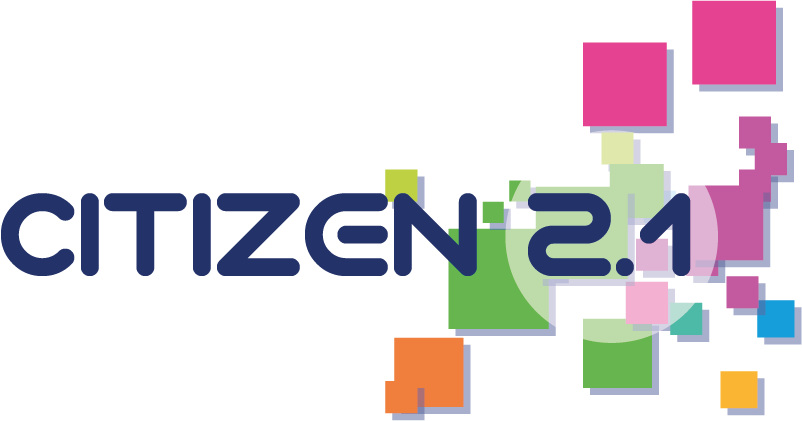National demonstrator
Pilot Project – Which platform for blended learning ?


The presentation of this project was proposed by the Efp-sfpme at the international meeting organised in Brussels in November 2021.
Description
The hybrid training project (i.e., training delivered partly in person and partly remotely) started in 2019 and is part of the digital transition of the efp. It aimed to respond to the evolution of professions, the need to develop skills and attitudes required by the evolution of society and the economy, and the need to continuously improve the quality of the pedagogical practices of the efp trainers by proposing efficient and innovative teaching methods.
In terms of objectives, the project aimed to :
- to raise awareness among trainers and internal staff of the opportunities and constraints of blended learning;
- To improve the engagement of learners on a daily basis by revaluing face-to-face time;
- To Improve communication between the different actors of the centre;
- Improve the digital skills of the actors ;
- Reduce occupancy of premises ;
- Increasing employability.
The present project started with a pilot phase to make a first assessment of the digital learning platform. Through this phase, the efp will test a digital learning platform between September and December 2021. As part of this project, 10 trainers were supported by the didactic service in the hybridisation of their courses. Each trainer had the opportunity to experiment with their learners (N= 147) with different teaching methods and modalities based on hybrid learning (asynchronous, synchronous, use of a videoconference tool, collaborative work, etc.).
Based on feedback from trainers, learners and internal staff, it was decided that the learning platform did not meet the needs of the efp. Feedback on the platform was mixed on two main aspects :
On a technical level, the platform could not integrate with the current ecosystem developed at the efp. Interoperability between platforms will only be possible at the cost of continuous financial and human efforts.
Several functionalities of the platform were not and will not be used within the efp (calendar, attendance management, community, communication from the efp to the learners via “mass message” or “news wall”, syllabus, results).
In terms of perspectives, the project has allowed us to enrich the reflection on the development strategy of hybrid training within the efp.
Points of interest
-
Hybridization of courses by trainers is a gateway that motivates trainers to improve their pedagogical practices, even in the classroom;
-
The pilot project was able to motivate the change in the trainer’s role and facilitate his or her transition to a facilitator or coach role
Points of vigilance
- Maintain an overview of all the initiatives and digital tools deployed in the institution;
- Draw up precise technical and pedagogical specifications for the choice of a digital learning platform;
- Take into account the potential lack of digital skills of trainers and learners;
- Remain attentive to digital sobriety and the responsible and critical use of digital technology (energy crisis, etc.).
Project leader

sfpme - efp
Contact and/or website:
Themes
This demonstrator falls into the following categories:
